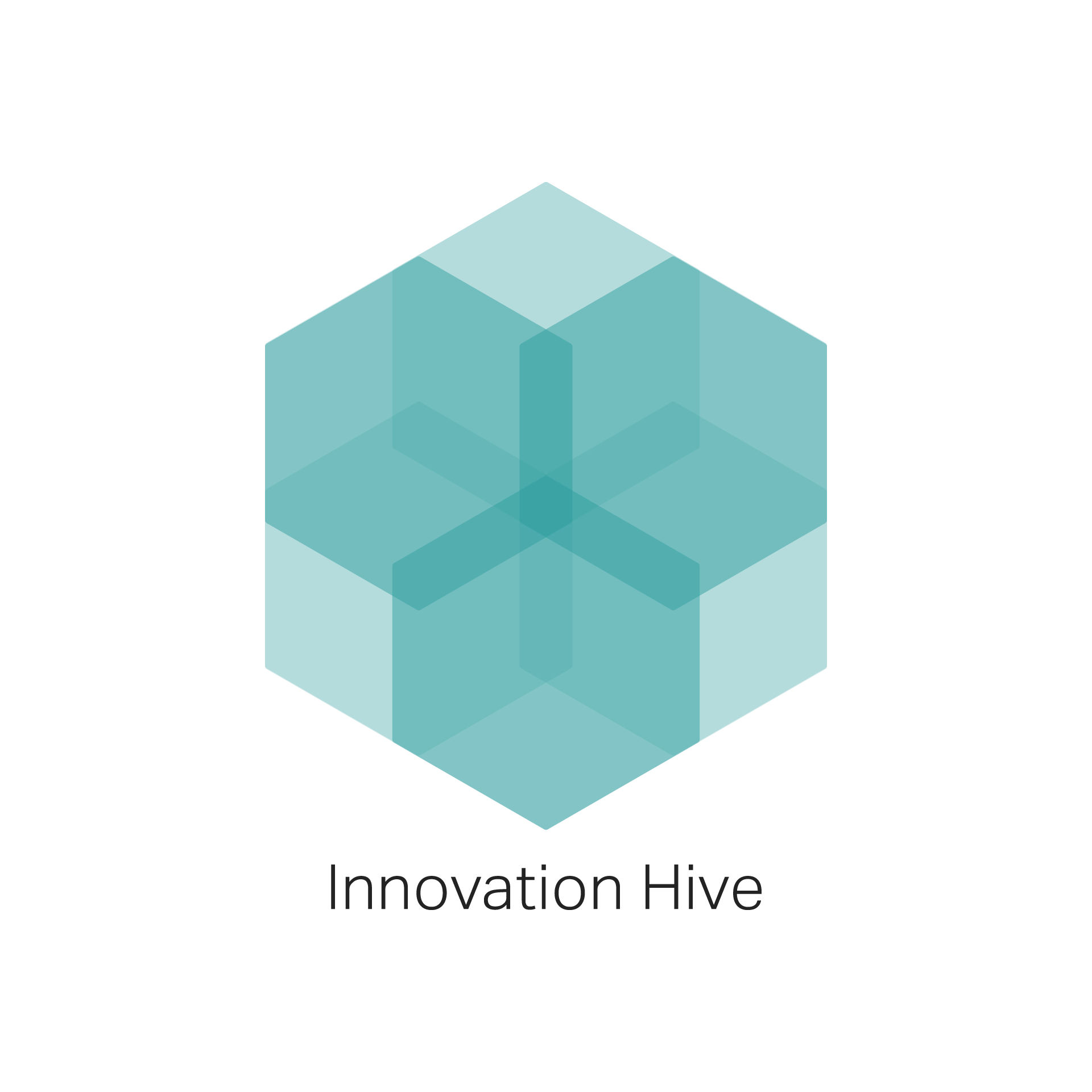Food waste is considered to be one the most significant issues globally. It is reported that the EU wastes more food than it imports. As a result, the UN, the United Nations Sustainable Development Goals 12.3, aims to “halve global per capita food waste at the retail and consumer levels, as well as reduce food losses along production and supply chains, including post-harvest losses” by 2030. Food waste has also got a strong environmental impact since there is significant loss of all types of energy such as water, and other resources needed for food production, harvesting, transportation, packaging, and distribution. That generates the need for a Sustainable Management of Food, a systematic approach to reducing food waste and its associated impacts throughout the entire life cycle.
Innovation Hive and its 7 partners, via Zero Waste project, will try to align school teachers with the aforementioned philosophy by providing relevant training material in order to inform and educate them regarding the social, environmental and financial consequences of food waste. This partnership will also outline guiding principles for lowering it. This generated the need to conduct a field and a desk – research oriented on a structured questionnaire, in order to establish the knowledge foundation upon which the entire project will be formed. The research aims to discover how already existing materials can be improved and developed but, more importantly, focuses on finding out how new material can be designed (resources, tools and instruments) so that the primary needs students and teachers in the field of food waste management are met.
Evaluating the data collected during the desk research and the information obtained from the field research conducted in Greece, it is clear that there is a substantial lack of knowledge regarding the food waste management issue and the aspects of food waste in secondary education, with awareness on food waste management relying on the initiatives school teachers take to include relevant presentations or audio-visual content in the curriculum. It should also be noted that, while most EU countries have officially integrated food waste management education into their schools, Greece only has references to environmental protection and recycling in school books. According to the answers provided by teachers and students in the questionnaire, it is necessary to provide materials to learn about food waste management, including training sessions, workshops and extracurricular activities. The fact that the vast majority of respondents had never taken part in any kind of training or activity related to food waste management was an intriguing result of the field research.
Furthermore, the research carried out in all partner countries, showed a large number of similarities. Specifically, the findings from the desk and field research based on questionnaires, applied to more than 175 students and 105 teachers belonging to secondary education showed paucity of literature addressing food waste, and an urgent demand from both teachers and students for useful and engaging educational materials related to food waste. At the same time, the absence of an official academic curriculum devoted to the prevention of food waste, with a comprehensive approach for the students, is another factor that is common to all partner nations. Spreading awareness about food waste and taking steps to reduce it are solely the responsibility of school administrators and. There is no required subject in any national curriculum that is entirely and solely devoted to the problem of food waste, but occasionally teachers will incorporate presentations or other instructional materials into their lesson plans that include the discussion related to food waste or food waste management.
In conclusion, in the light of the research findings, it is clear that there is a need for more methodological approaches, and improved cooperation between all parties who have roles to play in this area. Resources for education should be developed so that parents can learn about managing food waste in addition to teachers, students, and other educators. The survey found that while the vast majority of respondents had never taken part in any seminars or training sessions related to managing food waste, they were all willing to participate in extracurricular activities that can provide them with knowledge related to food waste management. Please stay tuned for more information on: https://zero-waste-project.eu/



